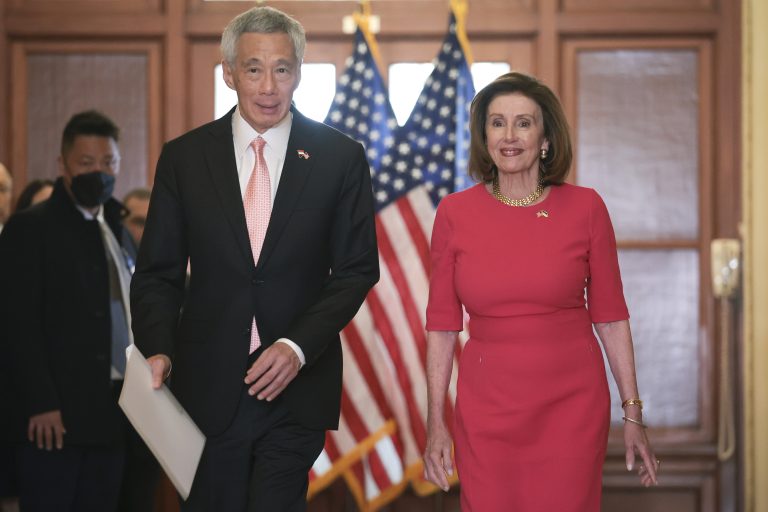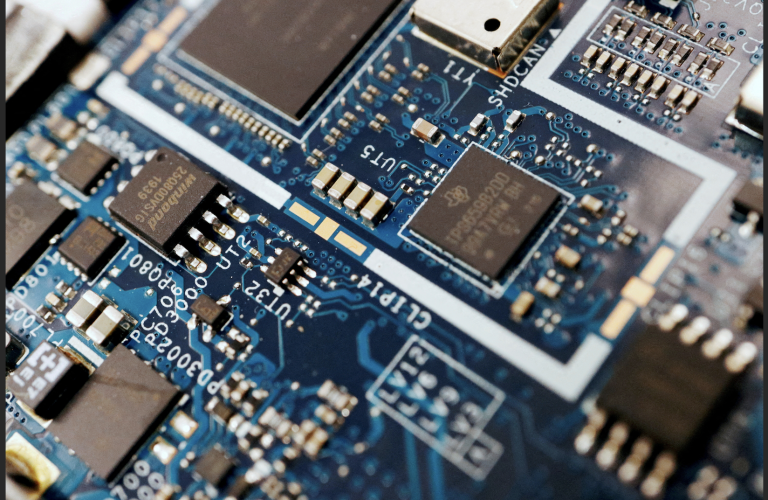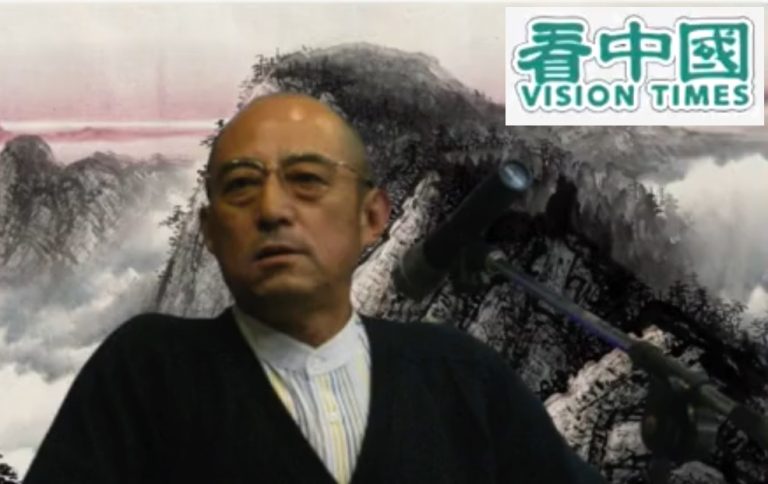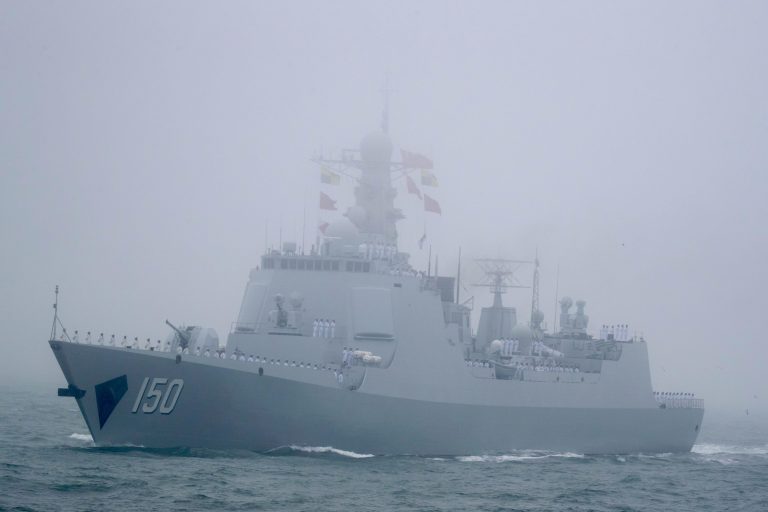U.S. Speaker of the House Nancy Pelsoi and several other Congress members arrived in the city-state of Singapore in the morning of Aug. 1, the beginning of an Asia tour that has drawn international attention — and rebuke from Communist China — for its possible inclusion of a stop in Taiwan.
Various media reported the same day that according to Taiwanese and U.S. officials, Pelosi is likely to visit the island on Wednesday, Aug. 3, and meet with president Tsai Ing-wen.
The visit would be the most high-profile diplomatic exchange between Taiwan and Washington in decades, and is opposed by the People’s Republic of China (PRC) as a violation of its sovereignty, given that Beijing claims Taiwan as part of its territory.
Taiwan, governed as the Republic of China (ROC), is a democratically run, but unrecognized state home to around 24 million. It lies across a wide strait from mainland China, which fell to communist rebel armies in the Chinese civil war, leaving Taiwan and a few smaller islands as the last ROC-held territory.
According to a Wall Street Journal report citing individuals familiar with the House Speaker’s upcoming visit, “people whom Mrs. Pelosi is planning to meet with in Taiwan have been informed of her imminent arrival”; however, “some details remain in flux.”
Success
You are now signed up for our newsletter
Success
Check your email to complete sign up
She’s definitely coming,” one of the Journal’s sources said. “The only variable is whether she spends the night in Taipei.”
Beijing promises ‘countermeasures’
The mainland Chinese authorities threatened to take “countermeasures” should Pelosi visit Taiwan, with PRC Foreign Ministry spokesman Zhao Lijian saying that “the Chinese People’s Liberation Army will never sit idly by, and that China will take resolute responses” to “to defend its sovereignty and territorial integrity.”
Pelosi met with Singapore’s Prime Minister Lee Hsien Loong and President Hamilah Yacob on Monday for the first round of her closely-watched Asia tour, which was officially announced the day before.
The Congressional delegation did not officially list a Taiwan visit, instead mentioning stops in “Singapore, Malaysia, South Korea, and Japan.”
Beijing views visits by U.S. officials to Taiwan as sending an encouraging signal to the pro-independence camp in the island. Washington does not have official diplomatic ties with Taiwan but is bound by law under the Taiwan Relations Act and other legislation to provide the island with the means to defend itself.
During a phone call last Thursday (July 28), President Chinese Xi Jinping warned his U.S. counterpart Joe Biden that Washington should abide by the one-China principle and “those who play with fire will perish by it.”
Zhao, meanwhile, on Monday demanded that the U.S. “abide by the one-China principle and the provisions of the three Sino-U.S. joint communiqués,” as well as “honor President Biden’s pledge not to support Taiwan independence.”
Taiwan policy
The Biden administration has stepped up efforts to support Taiwan, but given some mixed messaging. For instance, Joe Biden recently said the U.S. has an obligation to “defend” Taiwan in case of PLA attack, but the White House quickly clarified that the comment did not change Washington’s commitment to the one-China policy. In a China policy address given this May, U.S. Secretary of State Antony Blinken stressed that the administration was not looking to support Taiwan independence.
The ROC used to be recognized as the sole legitimate Chinese government, but lost its United Nations seat to Beijing in 1971. In 1979, the U.S. switched diplomatic recognition to the PRC as well, but maintains unofficial diplomacy with Taipei.
Both the U.S. and PRC militaries have stepped up activity in the East China Sea as Pelosi makes her trip.
Biden had previously said he disapproved of Pelosi visiting Taiwan, saying it was “not a good idea.” The White House has issued a statement backing the congresswoman should she follow through with the trip.
Reuters contributed to this report.













